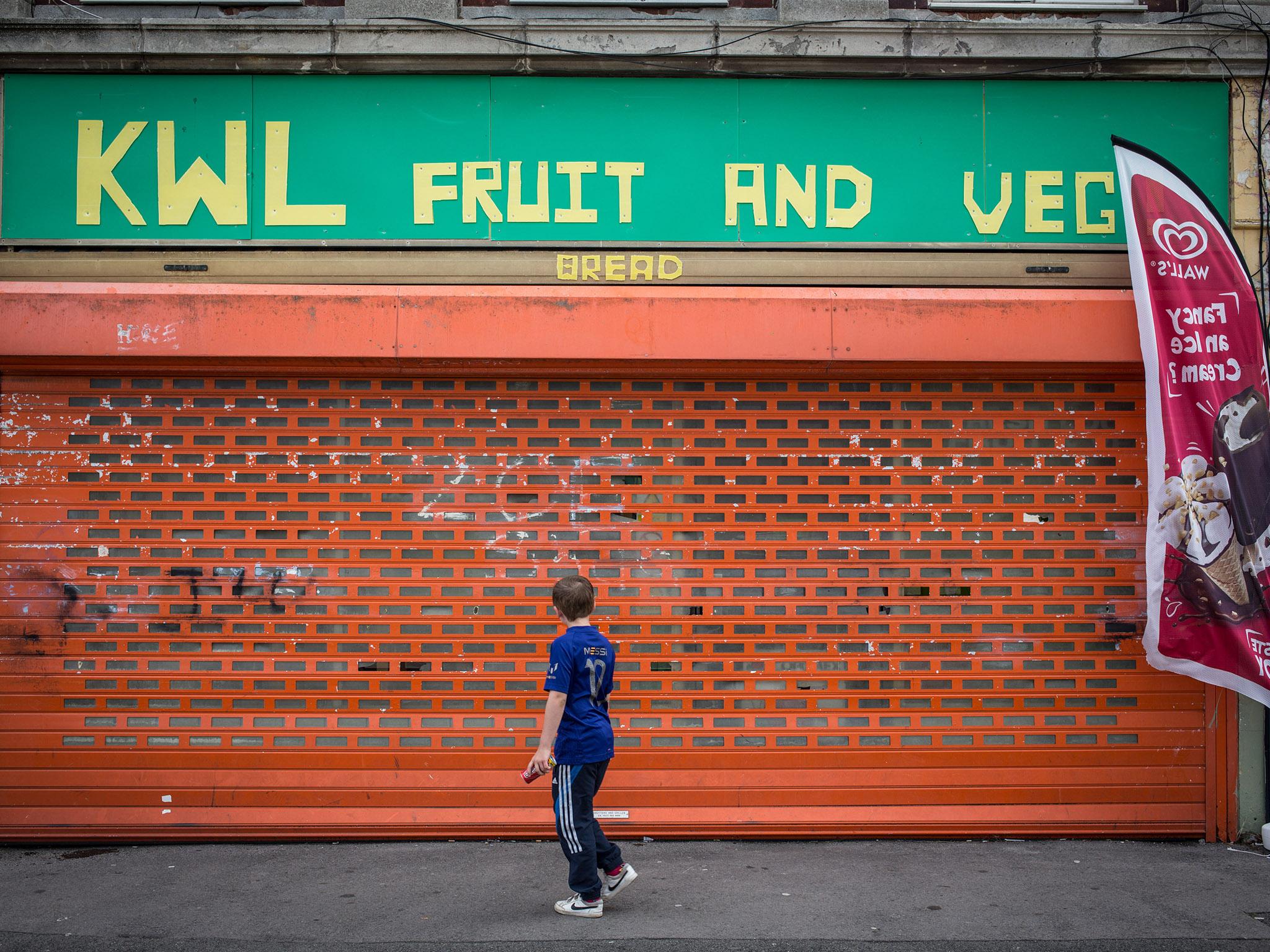Child poverty is a threat to the stability of the nation
The popularity of Nigel Farage and his various populist vehicles in recent years amply demonstrates the detrimental effects of inequality

The many potential successors to Theresa May try to portray themselves as One Nation Tories, with varying degrees of conviction. Yet, in the near-decade that Britain has been ruled by Conservative governments, the country has become ever more unequal, in income, in wealth, in equality of opportunity and, most poignantly, among children. There may be valid reasons for some of the economic decisions that had to be made after the financial crash, but when the record of the British government in the 2010s is assessed, the impoverishment of the young will be one of their most shameful chapters.
The headline statistic is that some half a million more children are living in poverty than was the case at the start of this decade. This is according to the government’s own “households below average income” data which showed that child poverty, once housing costs are factored in, rose by this figure between 2010 and 2018. In some parliamentary constituencies, though usually not Conservative-held ones, more than half of children are growing up in poverty. Impoverished areas have seen the greatest increases in child poverty, particularly in big cities such as London, Birmingham and Manchester. Child poverty extends to the working poor.
Twenty years after Tony Blair set the target of eliminating child poverty by approximately now, the proportion of children living in relative poverty has reduced, but remains well above what might have been hoped for then – about one in four children are in such families, with insufficient income to be fully able to ensure healthy lifestyles and participation in wider society. Children in poverty tend to have worse diets, lower educational attainment (partly as a consequence) and their life chances become permanently blighted. Relative poverty can attack some minority groups particularly severely.
Such factors, in turn, create an intergenerational cycle of deprivation that has proven stubbornly difficult to break, even when governments were more determined to do so. Now that wage growth remains sluggish and living standards for lower income families have barely shifted in decades, the crisis has become ever more acute.
In 2016, the government effectively gave up and abolished child poverty targets; and the “burning injustices” identified by Theresa May in her first address as prime minister in 2017 have been neglected. Charities, including those engaged in food recycling and food banks, have tried to cover some of the deficiencies, but lack the funds or scale to do so. Crime, epitomised in the “country lines” phenomenon and the rise in assaults with knives and gang culture, has accompanied the trend of rising poverty and families struggling to make ends meet.
Apart from trying to build a high-productivity, high-investment economy, which Brexit is already damaging, ministers could make some immediate changes they know would alleviate poverty. The rollout of universal credit has proved a disaster, and it needs to be either halted or funded in such a way that it no longer leaves families with no savings destitute or turning to loan sharks. The two-child limit on child benefit was an arbitrary and mean cut in the social security net, and that too could easily be reversed – unless, that is, ministers cleave to the Malthusian view that a small payment from the Department for Work and Pensions will encourage some calamitous increase in the population.
As the Institute for Fiscal Studies (IFS) reports, the extreme inequalities now visible in the UK strain the cohesion of the nation, its civil society and even its democracy. Indeed, the threat is already upon Britain, as the popularity of Nigel Farage and his various populist vehicles in recent years amply demonstrates. The IFS researchers even speak of “deaths of despair”, those resulting directly from suicide or the slow self-inflicted harm of alcohol and drug abuse. If the “rules of the game” are rigged, or perceived to be rigged, by some “elite” or other, then both democracy and prosperity are imperilled.




Join our commenting forum
Join thought-provoking conversations, follow other Independent readers and see their replies